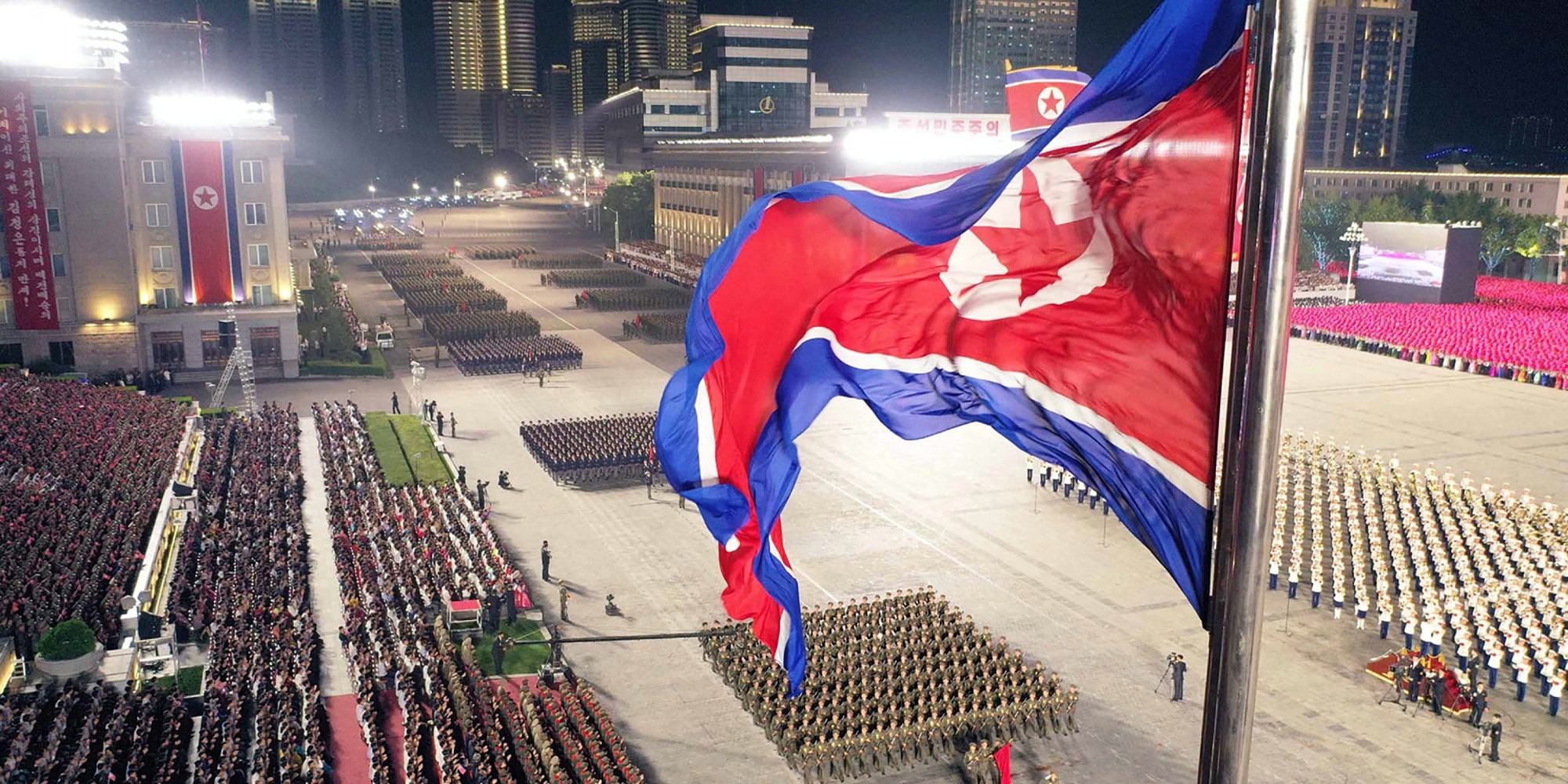Europe 1 with AFP // Photo credit: STR / KCNA VIA KNS / AFP 22:07 p.m., November 27, 2023
A few days after confirming the launch of a military observation satellite, the North Korean ambassador justified to the UN that it was a "legitimate" act of self-defense by his country against the United States. The UN Secretary-General considers that the use of ballistic missile technology violates Security Council resolutions.North Korea's ambassador to the U.N. told the Security Council on Monday that the launch of a spy satellite a few days ago was a "legitimate" act of self-defense against the United States. After two failures in May and August, a rocket blasted off from North Korea on Tuesday and placed the "Malligyong-1" military observation satellite into orbit, according to North Korean media. South Korea confirmed on Thursday that the launch into orbit had been successful.
The West, Japan and South Korea denounced the launch, as did UN Secretary-General Antonio Guterres, who said the use of ballistic missile technology violated UN Security Council resolutions. "No other nation in the world is in such a critical security situation" as North Korea, North Korean Ambassador Kim Song said Monday, lamenting that other countries are not subject to restrictions on satellites.
A response to the military exercises between the United States and South Korea
"A belligerent country, the United States, is threatening us with nuclear weapons," he added. "It is the legitimate right of North Korea, as another warring party, to develop, test, manufacture and possess weapons systems equivalent to those that the United States possesses or is developing," he said. Mocking accusations that satellite technology is helping Pyongyang perfect its missiles, he asked the Americans if they sent their own satellites into orbit "with a catapult."
>> ALSO READ – North Korea announces construction of new nuclear submarine
U.S. Ambassador Linda Thomas-Greenfield rejected North Korea's justifications, saying the "routine" joint military drills between the U.S. and South Korea were "defensive in nature." "We are intentionally reducing risk and being transparent by announcing the exercises in advance, with dates and activities, unlike North Korea," she added, stressing that the drills did not violate Security Council resolutions.
She also once again accused veto-wielding permanent members China and Russia of preventing the Security Council from acting on North Korea. China's deputy ambassador Geng Shuang accused Washington of "escalating tensions and confrontation" through its military alliance with Seoul. "If North Korea feels constantly threatened, and its legitimate security concerns remain, the peninsula will not be able to get out of this security dilemma and will be caught in a vicious cycle of aggressive retaliatory actions," he added.

